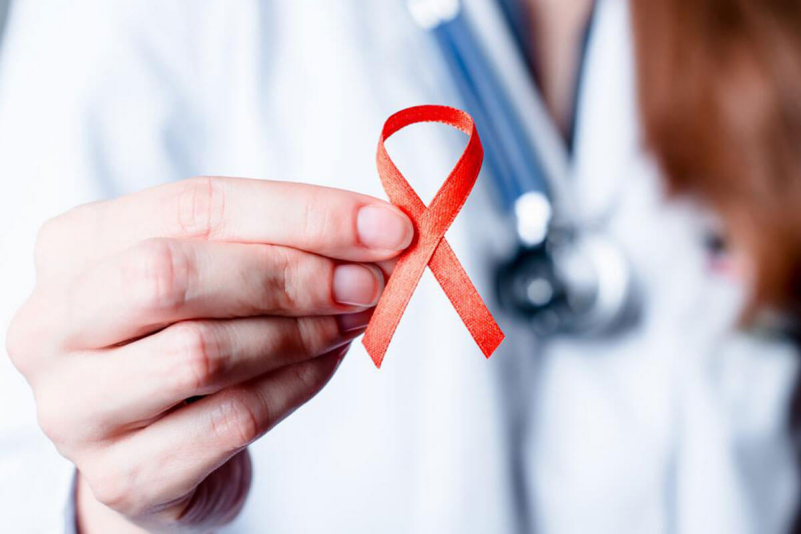How To Differentiate Between Hiv And Aids
HIV and AIDS are not the same. Learn how to differentiate one from the other.
HIV and AIDS are not the same. Learn how to differentiate one from the other.
What is the exact difference between HIV and AIDS? Are they the same disease? These are some of the most common questions asked about HIV. These terms confuse a lot of people, which is understandable, especially since they are often used interchangeably. However, there is actually a difference between HIV and AIDS. In short, HIV is a virus that can cause AIDS.

What is HIV?
The human immunodeficiency virus or HIV is a contagious virus. As the name suggests, this virus affects only humans and primarily attacks the immune system, causing it to malfunction and eventually destroy it. With most other viruses, our immune system is good at recognizing the presence of a foreign body and then working to destroy it. However, this is not the case with HIV. For some reason, our immune system seems to be completely unable to fight this virus. Scientists are still puzzled as to why our immune system is unable to attack HIV.
While we cannot defeat HIV, we can control it very effectively with medications.
What is AIDS?
Acquired immunodeficiency syndrome or AIDS is a disease or syndrome. If you are infected with HIV, you are at risk of developing AIDS. AIDS rears its ugly head once HIV has done enough damage to the immune system. This syndrome affects and manifests itself differently in different people. AIDS symptoms cause a myriad of different symptoms in different people. They are caused by the immune system being so weakened that it can no longer protect itself from infection. These then become the symptoms of AIDS. Some common AIDS symptoms include tuberculosis, certain cancers, pneumonia, and more.
Can I have HIV and not get AIDS?
You can have HIV and not get AIDS. However, the reverse is not true, which means that someone with AIDS is inevitably already HIV-positive. Basically, HIV is a virus that can, but does not necessarily, cause AIDS. You may have HIV and not develop AIDS for years (or even decades) after contracting it. Thanks to major advances in HIV and AIDS treatment, the average life expectancy of someone with HIV is longer than ever before. However, it is important to remember that there is currently no cure for HIV infection. This means that even if you never contract AIDS, your HIV infection will remain in your body.
Can HIV be transmitted like AIDS?
In this regard, HIV acts like any other virus – it can be transmitted from one person to another. AIDS, on the other hand, is a disease that can only be "acquired" if the patient is already infected with HIV. HIV can be transmitted from one person to another through the exchange of bodily fluids, unprotected sexual intercourse, the use of contaminated needles, or contaminated blood transfusions. Although rare, it is possible for a mother to be infected with HIV during pregnancy and pass it on to her baby.
How is HIV and AIDS diagnosed?
Diagnosing HIV is relatively simple. A simple blood or saliva test can tell your doctor everything they need to know. Once infected with HIV, your immune system produces specific antibodies in a futile attempt to fight the virus. These antibodies can be detected by blood or saliva tests a few weeks after the initial infection. If you choose to test for antigens, or proteins, produced by HIV, it is possible to detect infection within a few days of infection. Both tests are not only easy to perform, but are also very accurate.
Diagnosing AIDS is not so easy. The final stage of HIV infection is what we call AIDS. When AIDS develops, the virus destroys a large number of CD4 immune cells. In order to diagnose AIDS, the number of CD4 cells in the blood needs to be determined. HIV testing can also be based on the presence of opportunistic infections. Generally, a combination of these two factors is considered to correctly diagnose AIDS.